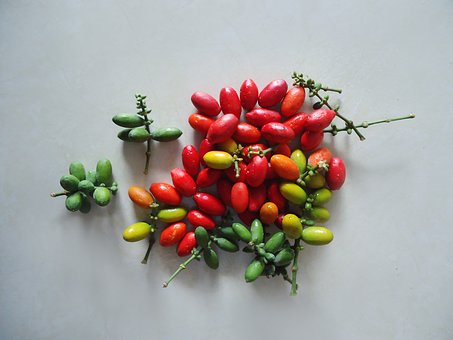Melinjo Gnetum gnemon is native to Indonesia. As dioecious gymnosperms, melinjo have separate male and female reproductive organs known as microstrobili and megastrobili.
The flowers, seeds, and leaves have been widely used by Indonesian peoples for hundreds of years, particularly in cuisine and traditional medicine.
The tree is small to medium in size, 15–20 m tall, with evergreen leaves.

The fruit-like strobilus consists of little skin and a sizeable nut-like seed that is 2 to 4 cm long inside, with both the fruits and leaves being prevalent in Indonesian cuisines.
Melinjo seeds have a high amount of antioxidants which helps to treat cancer, heart disease and ageing.
It also provides various health benefits such as it helps to regulate the body temperature according to the absorption capacity of the body.
The seeds are also used to maintain stamina.
It is, also said that the plants could help with various other diseases especially anaemia.
Adding some parts of the plant to your regular diet is supposed to set free some health benefits.
Protein content present in the plant is said to eliminate free radicals that cause various diseases such as hypertension, high cholesterol, narrowing of blood vessels, premature ageing.

